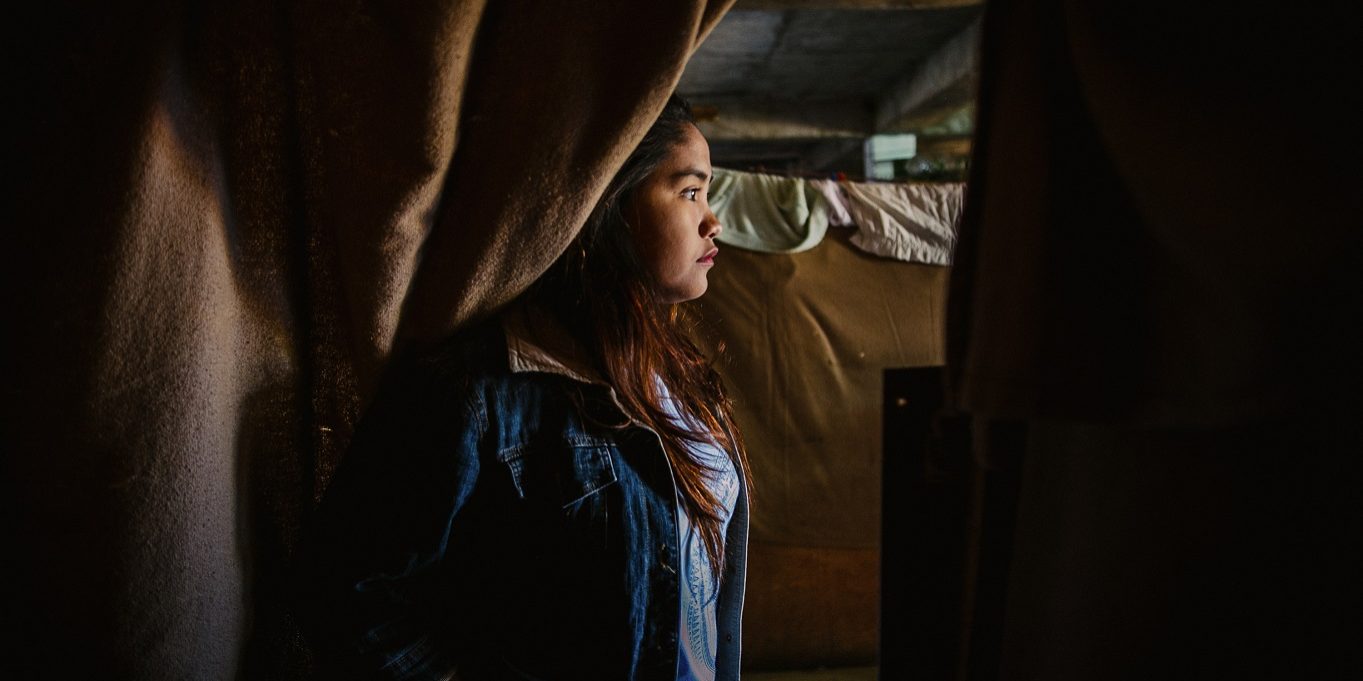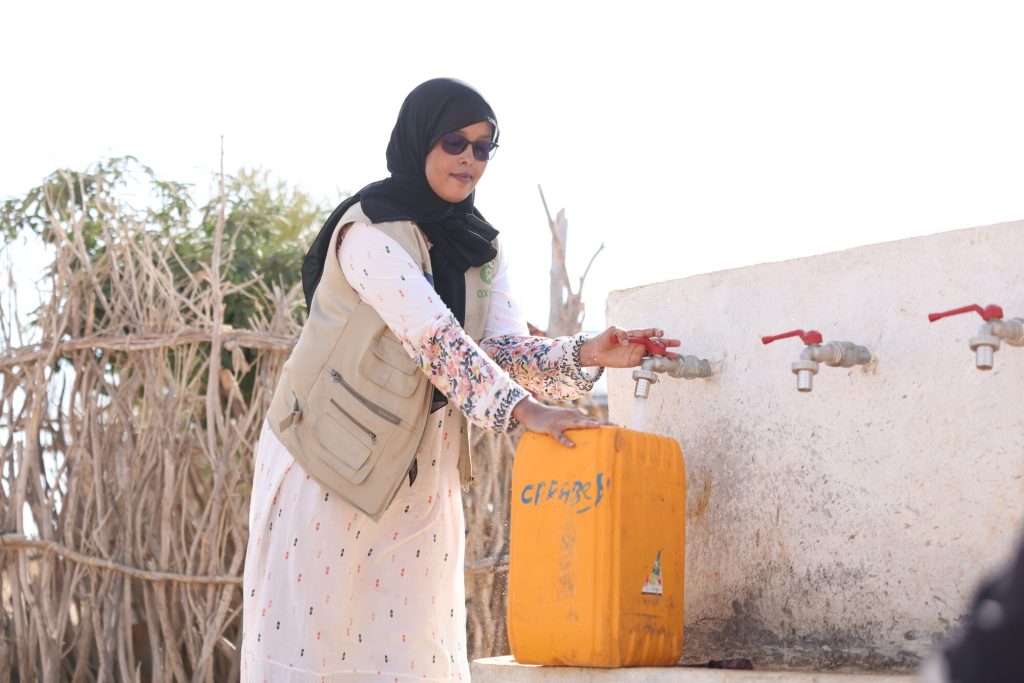Women Deliver 2019, 5 Years On
Five years ago, women’s rights actors from around the world gathered in Vancouver to attend the 2019 Women Deliver conference. Following years of advocacy by Oxfam Canada and our allies, Canadian Prime Minister Justin Trudeau took to the stage to announce a major 10-year funding commitment to advance sexual and reproductive health and rights (SRHR) in the Global South.
The Government of Canada pledged to increase its global health funding to $1.4 billion annually by 2023, with $700 million per year going to SRHR programming and advocacy. The announcement also highlighted a commitment to funding neglected areas including safe abortion and post-abortion care, comprehensive sexuality education, and advocacy.
Five years since this historic announcement, it’s time to take stock and there is much to celebrate.
Through this international assistance funding, Oxfam Canada and our partners have strengthened health facilities, made family planning more accessible and youth friendly, prevented and treated sexually transmitted infections and gender-based violence, provided safe abortion and post-abortion care, and stopped early and forced childhood marriages. We’ve worked with people in Ethiopia, Malawi, Mozambique, the Philippines, Uganda and Zambia, young and old, to understand their bodies and their rights and empower them to make decisions about their own lives.
Let’s look at the first three years of our Sexual Health & Empowerment and Her Future, Her Choice projects across five countries, where we’ve seen incredible results.
Young women are learning about their options and overcoming taboos to talk to their partners about contraception. Many of these young people are taking action, with a 54% increase in the number of contraceptive users among young women aged 20 to 24.
We’ve seen teenage pregnancy rates fall in places we work. In the Philippines, for example, project areas saw a significant decrease of 30% in teenage pregnancy rates, compared to a 13% national decline over the same period. Partners have also helped prevent hundreds of early and child marriages through community engagements, including 59 cases in Ethiopia in the last 6 months alone.
Instead of becoming teen mothers or child brides, young girls in these areas can now enjoy their adolescence and live life on their own terms.
In regions where abortion is legal, we have 19 additional clinics now providing abortion and post-abortion care. Across project facilities in four countries, 1,636 women and girls have sought abortion or post-abortion care in the last 6 months alone. And public attitudes are changing too. Community support for women and girls’ SRHR has increased by 29% where our projects are being implemented.
Beyond community work and health system strengthening, we’re also changing laws and policies that impact people’s SRHR through committed work led by feminist activists, from the passage of the Philippine anti-child marriage law to the revision of Malawi’s National Youth Policy.
All of these impacts are the result of Canada’s historic investments in SRHR. In 2021-22, $1.278 billion was disbursed, with $567 million allocated to SRHR and $208 million to neglected areas of SRHR, namely safe abortion and post abortion care, comprehensive sexuality education, family planning, advocacy and gender-based violence. This funding supported 366 partners and 605 projects, including Oxfam Canada’s projects like Sexual Health & Empowerment and Her Future, Her Choice.

While Canada’s international cooperation has helped us make tangible and meaningful changes in the countries where we work, there is more work to be done and commitments that have yet to be fulfilled. The Future Planning Initiative, a coalition of Canadian organizations advocating for leadership on SRHR, outlines that the government should scale up its investments and take a leadership role in its global diplomacy to promote SRHR, including and perhaps most importantly, the neglected areas of abortion and post-abortion care, advocacy and comprehensive sexuality education, as well as in emergencies.
With the rise of anti-gender, anti-rights movements globally, Canada’s leadership on SRHR is needed more than ever. Women’s rights activists and SRHR actors around the world have shown us what lasting change can be done with Canadian international assistance. They need tangible support to counter the attacks on these hard-earned gains, and prevent legal frameworks and policies from being dismantled and watered down.
So while we celebrate the past 5 years, we know we have to double down to continue this progress and sustain the gains made. Women’s rights activists are looking to Canada to continue its strong leadership and ongoing investments to secure a future where women and girls around the world are free to make decisions about their own bodies and lives.

